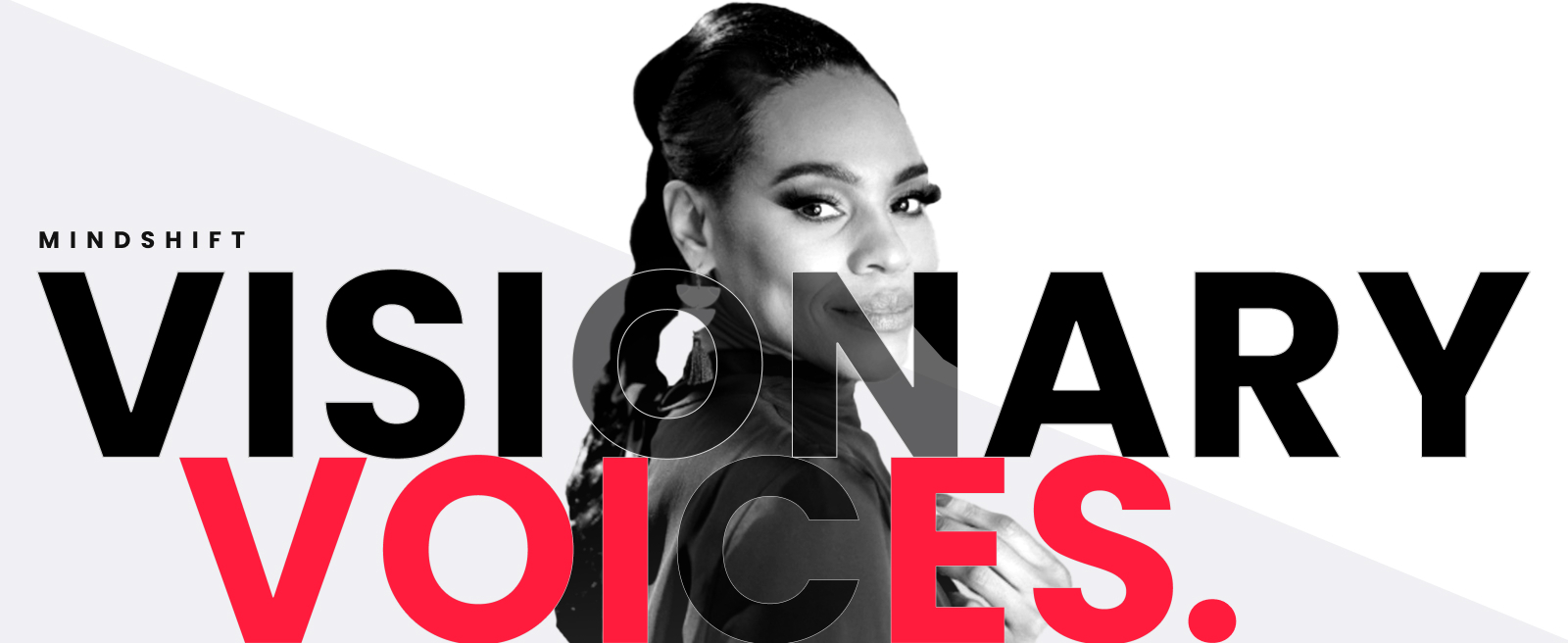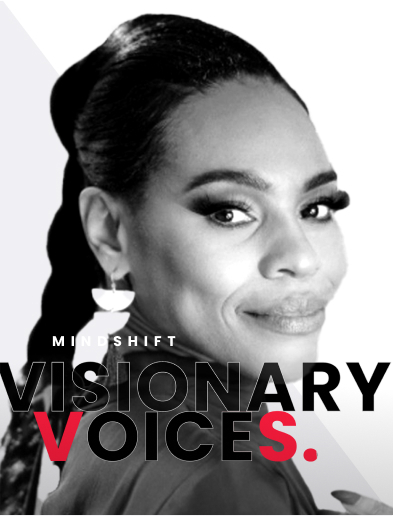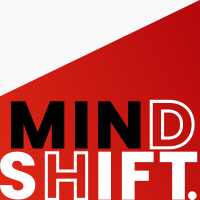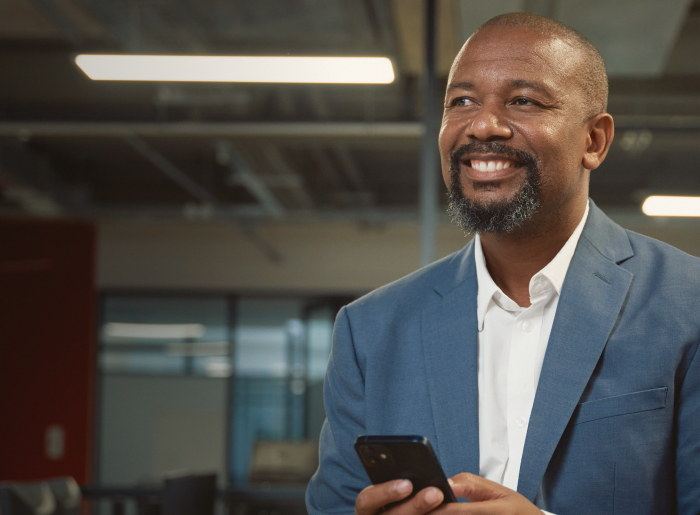

Ty is the Leader of The B2B Institute, LinkedIn’s Think Tank, where she collaborates with academics and industry experts to shape the future of B2B marketing. With more than 20 years of experience at companies including Google, IBM, Nestlé, and her own consultancy, Spectacled Marketer, she brings a unique mix of corporate and entrepreneurial expertise. Ty has partnered with the Ehrenberg-Bass Institute, served on the Creative B2B Lions jury, and worked with leading organizations, including the Association of National Advertisers (ANA) and the Institute of Practitioners in Advertising (IPA).
We sat down with Ty to discuss what builds influence, trust, and community in the age of AI. She shared why trust is now the ultimate differentiator—and how real expertise and authentic voices are shaping the future. Read on for her insightful perspective.
Influence When Trust is Fragile
How does a company build influence now, when trust is so fragile?
We’re seeing the emergence of thought leadership as a core trust-building discipline—real thought leadership that is backed by rigorous thinking, research, and analysis. But more importantly, it’s fundamentally about building trust through demonstrated expertise over time.
And in a world where AI can generate endless content, trust has become the ultimate differentiator. People need trusted guides who can help them make sense of complex problems.
Navigating Constant Uncertainty
What leadership qualities will matter most in the next 5–10 years?
The leaders who will thrive aren’t those who can predict the future; they’re those who are comfortable navigating constant uncertainty. LinkedIn data shows adaptability as a top-growing skill globally; that’s not just about learning new software, it’s about literally rewiring your brain to see change as an opportunity rather than a threat.
The future belongs to leaders who can say, ‘I don’t know what the next platform will be, but I know our customers will still need X, Y, and Z solved.’ They serve as translators between the permanent and the temporary, helping their teams focus on enduring value while continually adapting their methods.
It’s strategic thinking applied to uncertainty, and that’s a uniquely human superpower that no AI can replicate.
Using Customer Data Ethically
In a world where we have unprecedented access to customer data, how do we use it responsibly while still driving business results at scale?
Here’s what we’ve learned from our research: the most ethical approach to data might actually be the opposite of what most marketers think. Instead of using data to create more precise, personalized segments, we should use it to identify the universal buying situations that unite our entire market.
The ethical problem with hyper-targeting isn’t just privacy; it’s that it’s built on a stack of assumptions that are usually wrong. Most third-party data is notoriously inaccurate; people frequently change roles, and buying committees often include individuals we’d never predict.
The more ethical approach? Use data to understand the shared problems your category solves, and then ensure you’re present for everyone experiencing those problems. Instead of trying to psychoanalyze individual prospects, focus on being genuinely helpful when people need solutions like yours.
That’s not invasive. That’s just being useful.
A New Generation Seeks Authenticity
How are Gen Z and younger millennials changing things up?
They’re our fastest-growing demographic on LinkedIn and the B2B decision makers we’re all trying to reach.
Where older generations might spend an hour polishing a post before hitting ‘share,’ Gen Z is posting videos saying, ‘I just got rejected from my dream job, here’s what I learned.’ And their engagement rates are beating traditional corporate content.
They’ve brought a completely different expectation of authenticity to professional platforms. Previous generations kept their professional struggles private, but Gen Z is saying, ‘let me share what I learned from this failure,’ and their peers are responding incredibly well to that honesty.
Trusted Human Voices
What is an overlooked trend you are witnessing?
The trend, I think, that people are missing is how much AI is actually making trusted human voices more valuable, not less. There’s an opportunity for brands to be smart about amplifying trusted voices to reach entire categories.
Imagine you have the world’s best lighthouse keeper, who knows exactly how to navigate treacherous waters. You could keep that expertise limited to the few ships that happen to sail near that particular lighthouse, or you could use modern technology to broadcast that guidance to every vessel facing similar storms across the entire ocean.
The lighthouse keepers, the people who’ve actually navigated these challenges, become incredibly valuable. But the magic happens when AI amplifies their insights to reach everyone who needs that guidance, not just the people who happened to find their lighthouse.
The brands figuring this out are using real expertise to solve universal problems at scale. They’re connecting trusted voices with entire categories of buyers who share the same pain points.



